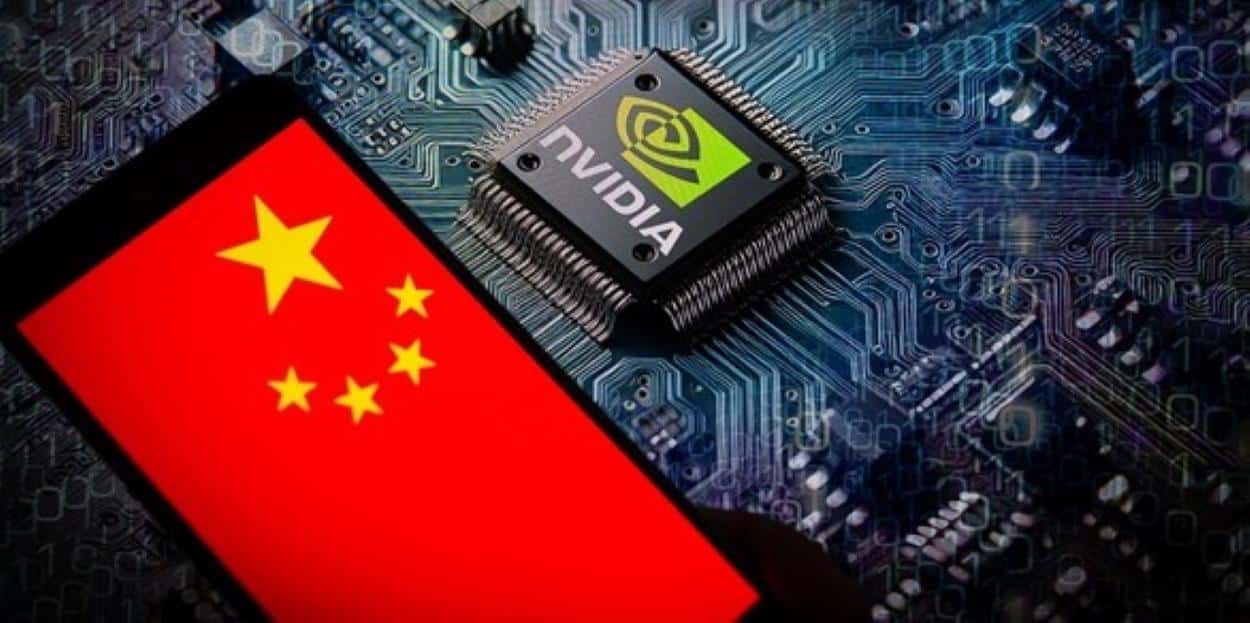On August 22, 2025, Nvidia instructed suppliers to suspend production of its H20 AI chip, designed for the Chinese market, following directives from Chinese authorities, Reuters reported, citing The Information. The decision comes amid heightened scrutiny over data security and geopolitical tensions, impacting Nvidia’s operations in China.
Nvidia notified suppliers like Arizona-based Amkor Technology and South Korea’s Samsung Electronics to stop H20 production, per The Information. The move follows a Cyberspace Administration of China (CAC) directive, issued after the U.S. lifted export curbs on the H20 in July 2025, urging Chinese firms like Tencent and ByteDance to avoid purchasing the chips due to potential security risks. An Nvidia spokesperson stated, “We constantly manage our supply chain to address market conditions,” emphasising that the H20 is not intended for military or government use.
Nvidia orders suppliers to halt work on China-focussed H20 AI chip, The Information says https://t.co/oZLo5op3Ss https://t.co/oZLo5op3Ss
— Reuters (@Reuters) August 22, 2025The H20, based on Nvidia’s Hopper architecture, was developed to comply with U.S. export restrictions imposed in 2023. Despite its July approval for sale, Chinese authorities raised concerns about backdoor risks, prompting Nvidia to halt production. The company is now developing a new chip, the B30A, based on the Blackwell architecture, to meet U.S. regulations while offering improved performance, with samples expected by September 2025.
China accounts for 16.9% of Nvidia’s revenue, per 2024 financials, but export restrictions have reduced its market share from 95% to 50% since 2022. The halt aligns with China’s push for self-sufficiency in AI, favouring local firms like Huawei. The U.S. and China’s ongoing tech rivalry, coupled with recent U.S. agreements on rare earths, complicates Nvidia’s operations.
Nvidia’s pause on H20 production could accelerate its shift to the B30A, priced 30-40% lower than the H20, to maintain competitiveness. As China conducts a national security review, Nvidia faces challenges balancing market demands with regulatory compliance, with implications for its global AI leadership.






